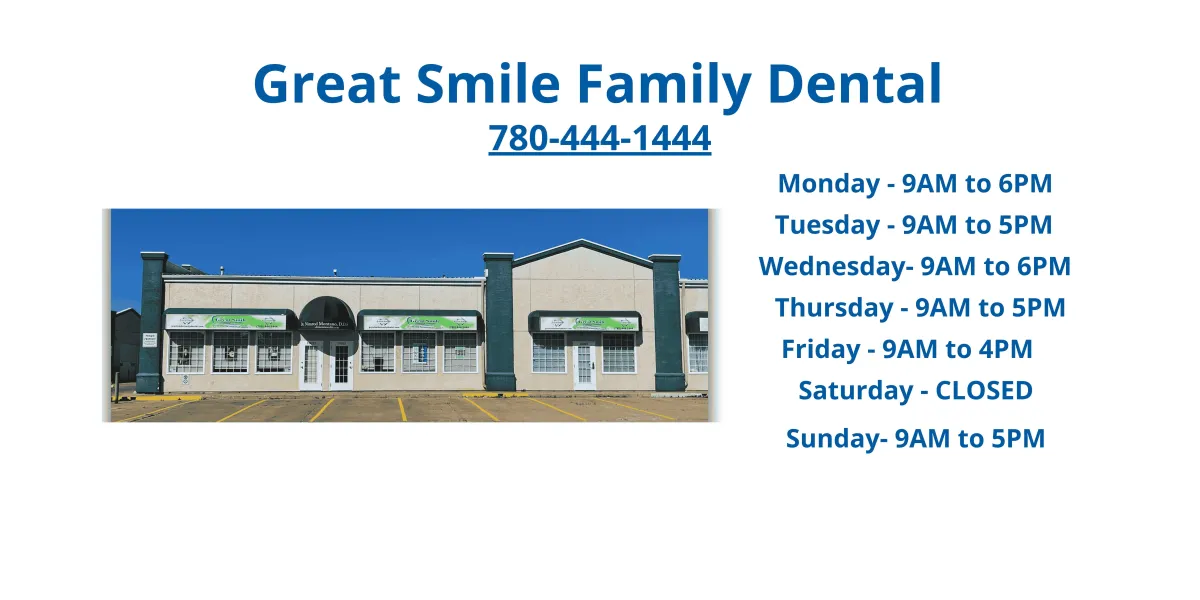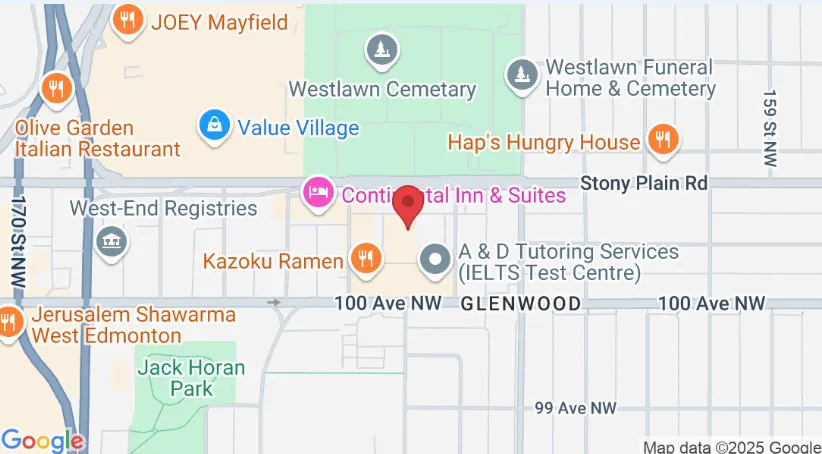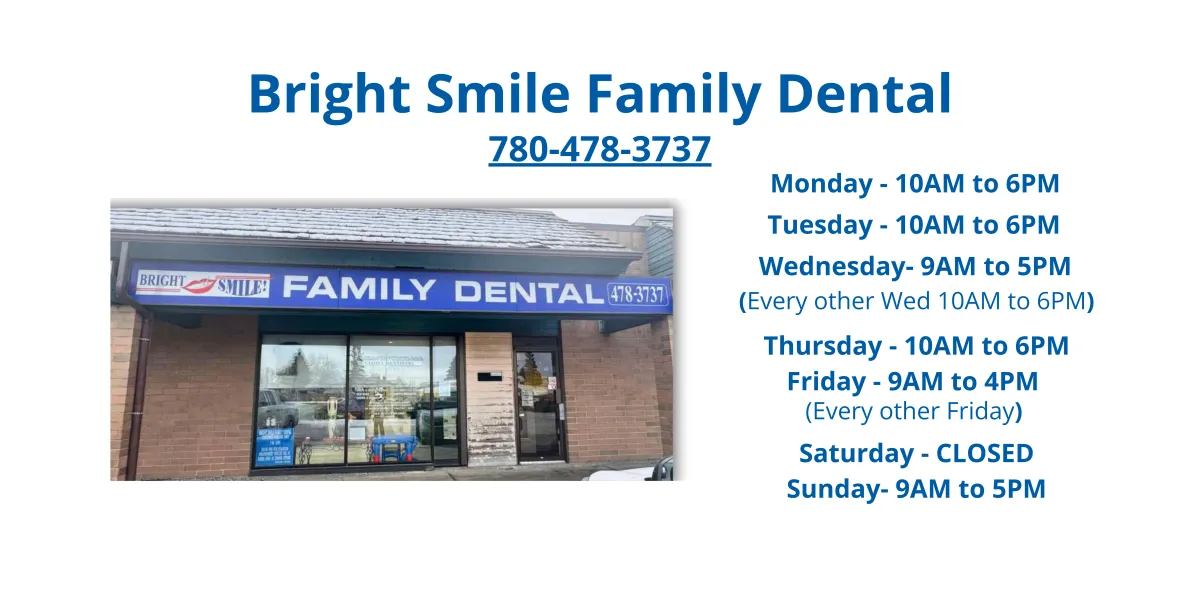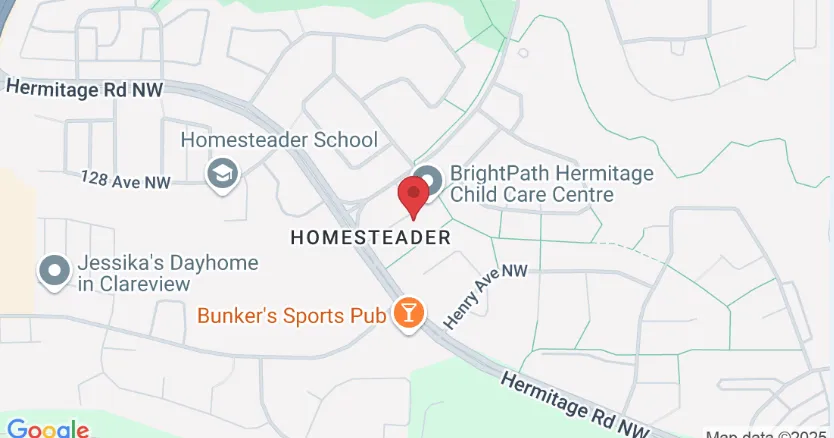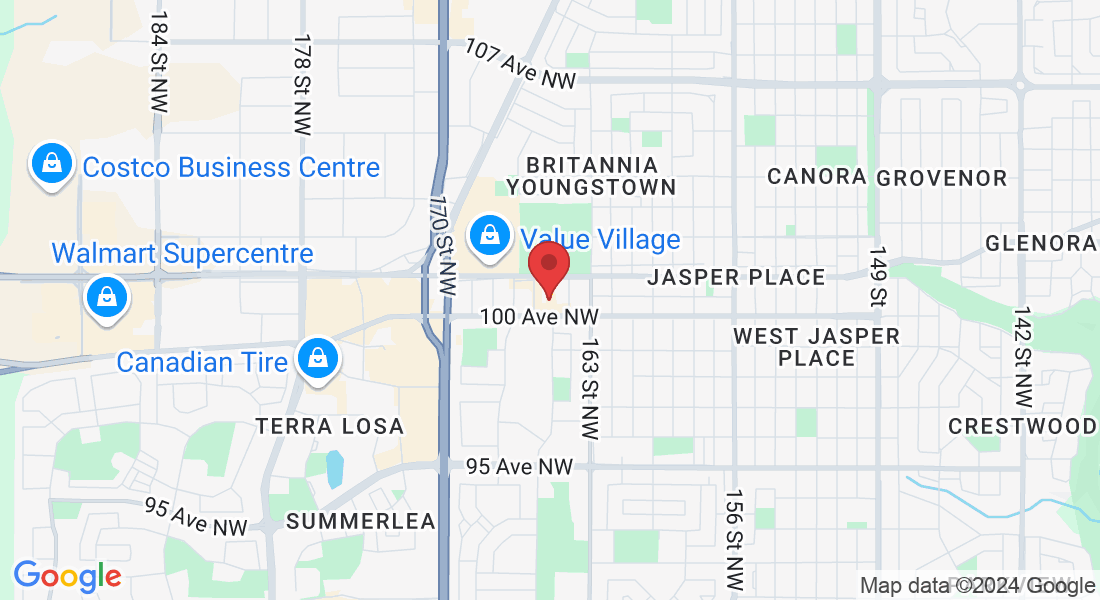In-Chair Zoom Whitening | Accepting New Patients | Offering Direct Billing

10025 166 St NW, Edmonton, AB T5P 4Y1
Meet The Owner A Filipino Cosmetic Dentist
in Edmonton, AB
Passionate About Creating Beautiful Smiles
Dr. Nimrod "Rod" G. Montaño
Looking for a trusted Filipino Cosmetic dentist near you in Edmonton?
Meet Dr. Nimrod G. Montaño, a highly experienced dentist with a legacy of excellence.
Dr. Rod, as he’s affectionately known, graduated from Southwestern University, Cebu, Philippines, in 1986. After eight successful years of private practice in the Philippines, he relocated to Canada in 1993.
In June 1996, he completed the National Dental Examining Board of Canada and Universities Coordinating Council, officially establishing his renowned Filipino dental clinic in Edmonton.
Dr. Montaño is widely recognized as one of the leading Filipino dentists in Edmonton. His clinic specializes in a wide range of dental services, including cosmetic dentistry ,general dentistry, and orthodontics, such as Myobrace treatments.
Together with his dedicated team, Dr. Rod is committed to providing personalized, top-quality care while building lasting relationships with patients.
Whether you’re searching for cosmetic dental services, myobrace in Edmonton,or a trusted dentist near you, Dr. Montaño’s clinic is your go-to choice for exceptional dental care.

Our Locations
Meet the Smiles Behind Your Care
Our Dedicated Dental Team
Dr. Sapna Thomas

Dr. Thomas has worked at Great Smile for the last 7 years as an associate dentist.
She graduated in 2004 with a Doctor of Dental Medicine degree from the University of Manitoba.
Apart from spending time with her family, she is happy to come to work and be surrounded by the patients and team she loves.
Dr. Queenie Montaño-Badelles

Dr. Badelles graduated from South Western University, Cebu City, Philippines in 1994. Before coming to Canada, she had her own private clinic in the Philippines where she practiced for twelve years.
When Dr. Badelles migrated to Canada, she started her career in the dentistry by working as a Registered Dental Assistant.
She later took the Orthodontic Module and then the Scaling Module to further advance and broaden her scope as a dental assistant. But she did not stop there. Her passion to serve the community by sharing her skills and knowledge motivated her to work harder and pursue her ultimate goal, which is to practice Dentistry in Canada. She then took the National Dental Board Examination and received her Dental Certification.
When she is not working, she likes to spend quality time with her family. Her passion is to travel whenever she can.
Dr. Zalak Patel

Meet Dr. Zalak Patel, an accomplished dentist here at Great Smile Family Dental in Edmonton.
With a genuine passion for patient care, she prioritizes your comfort and oral health, creating a warm, welcoming atmosphere for everyone.
Dr. Patel is dedicated to delivering top-quality dental care, ensuring each patient leaves with a brighter, healthier smile.
Registered Dental Hygienists

Ammar

May

Fairy

Mitch

Myrna
Registered Dental Assistants

Mimi

Preet

Mariah

Elvie

Nona

Catherine

Desiree
Dental Staff

Christian
Steri Tech

Carl
Lab Assistant

Karla
Steri Tech
Administrative & Office Management Team

Stela
Office Manager

Bethel
Corp. Secretary

Retna
AR Admin

Krystell
Treatment Coordinator

Jocelyn
Dental Admin

Jess
Dental Admin

Cheska
Dental Admin
Orthodontics & Myobrace
Specialized in guiding patients through early orthodontic treatments
with Myobrace, ensuring healthier smiles for the long term.
Want to learn more about Myobrace?
Call us today!

Arlene
Ortho Manager

Jann
Myobrace/Ortho Administrator

Edith
Registered Ortho & Dental Assistant

Morrigan
RDA & Myobrace Educator
Ready to Finally Have A Great Smile?
At Great Smile Family Dental, we are dedicated to building lasting relationships with your family while ensuring your children feel at ease and confident during every visit.
If you're looking for a "Filipino | dentist near me," choosing a practice that prioritizes trust and comfort is key to fostering healthy dental habits from an early age.
We offer a wide range of services, including:

Myobrace Treatment
Myobrace Treatment offers a natural alternative to traditional braces by using removable appliances to correct poor oral habits and align teeth. . Start your journey to a healthy smile with Myobrace today.

Cosmetic Dentistry
Cosmetic dentistry focuses on improving the appearance of your smile through various treatments. From teeth whitening and veneers to bonding, these procedures enhance the look of your teeth and boost your confidence.

Orthodontics
Orthodontics specializes in correcting misaligned teeth and jaws. Using braces, clear aligners, and other advanced treatments, orthodontics straightens teeth, improves bite function, and enhances overall oral health.

Dental Hygiene
Dental hygiene is essential for maintaining a healthy mouth and preventing dental issues. Regular cleanings, check-ups, and proper at-home care like brushing and flossing ensure your teeth and gums stay in top condition.

Tooth Extractions
Tooth extraction involves the safe removal of a damaged or problematic tooth. Performed by skilled dental professionals, this procedure addresses issues such as severe decay, infection, or overcrowding. With modern techniques, tooth extraction is quick, comfortable, and ensures the health of your remaining teeth.

Fillings
Fillings are used to repair cavities and restore the integrity of damaged teeth. Made from materials like composite resin, gold, or amalgam, fillings help prevent further decay and maintain your tooth's natural function and appearance. Protect your smile with durable, natural-looking fillings.

Sealants
Dental sealants provide an extra layer of protection against cavities by coating the grooves and crevices of your molars. This quick, painless procedure is especially beneficial for children and teens, helping to prevent tooth decay and maintain a healthy smile. Safeguard your teeth with durable dental sealants.

Root Canal Therapy
Root canal therapy treats infected or damaged tooth pulp, relieving pain and preserving your natural tooth. This procedure involves removing the infected tissue, cleaning the root canals, and sealing them to prevent further infection. With root canal therapy, you can maintain your tooth's structure and function while eliminating discomfort.

Clear Aligners
Clear aligners are a discreet and convenient alternative to traditional braces. These custom-made, removable trays gradually straighten your teeth without the need for metal brackets or wires. Enjoy the benefits of a beautiful, aligned smile with the comfort and convenience of clear aligners.

Oral Surgery
Oral surgery addresses a range of complex dental problems, including impacted teeth, jaw misalignment, and oral pathology. Performed by skilled surgeons, these procedures ensure safe and effective treatment, improving both oral health and function. Trust oral surgery for comprehensive care and optimal results.
Creating Beautiful Smiles by Doc Rod
Tooth Pain Treatment
Tooth pain can be caused by several different factors. We get to the bottom of the cause and then help you get out of pain through safe and effective treatment options.

Cosmetic Dentistry
Your smile is your gateway to the world. We offer variety of procedures like Invisalign, Myobrace in Edmonton, Teeth Whitening, etc., that can help you get a straighter and whiter smile.

Eliminating Bad Breath
Halitosis (aka Bad Breath) can be caused by several different things. We get to the root of the cause and help you to treat it with our safe and effective in-office protocols.

Why Choose Us?
Let Our Patients Share Why They Chose Us!
Courtney
Courtney came to Great Smile Family Dentists in Edmonton, AB to level up her smile with composite veneers, and ever since, she feels like literally "Glowing"
Jeff - Fitness Coach
Has been insecure about his chipped tooth, Great Smile Dental
Dr Rod knows how to fix a chipped tooth, and gave Jefferson chipped tooth repair, another satisfied customer!
Ms. Hoffman
Went to Dr Rod, a Cosmetic Dentist in Edmonton, AB because he knows how to give a better looking smile, she received teeth whitening near West Edmonton



STAFF GALLERY

Thorncliffe Dental
